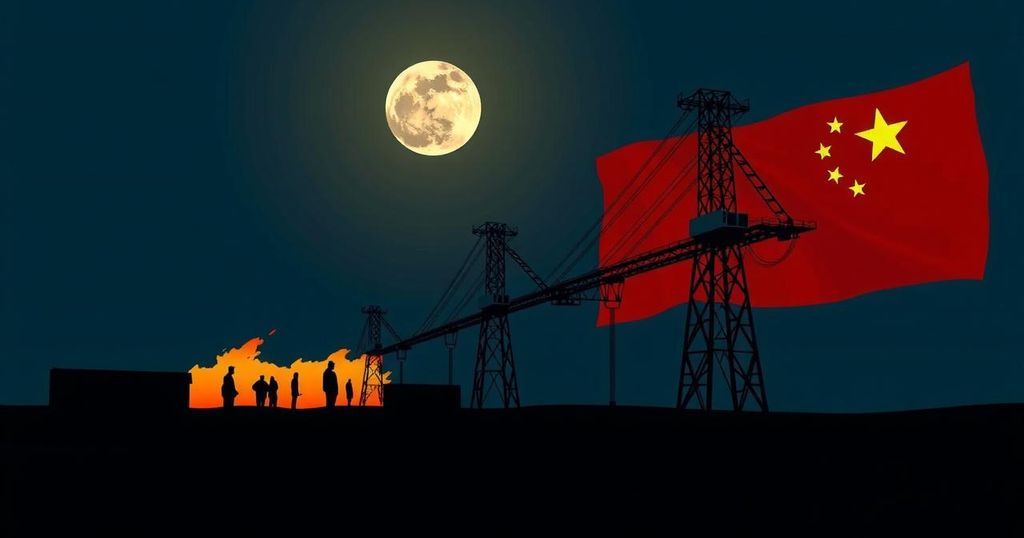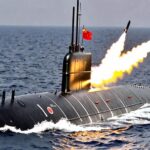The Decline of North Korea-China Trade Due to Flood Damages in the Border
North Korea’s trade with China experienced a decline in the month of July, marking the third consecutive month of decrease. This trend has been attributed to the deteriorating relationship between North Korea and China, as well as the logistical disruptions caused by the floods that devastated the region at the end of the month.
The bilateral trade between North Korea and China dropped to approximately $145 million in July, a significant decrease from the previous months. In June, the trade volume was nearly $179 million, while it reached $181 million in May, according to the data released by China’s General Administration of Customs (GAC) on Sunday.
It is speculated that the severe flooding at the end of July may have been a contributing factor to the decline in trade between the two neighboring countries. The damaged infrastructure along the border has posed significant challenges for conducting trade operations, ultimately impacting the overall trade volume.
Furthermore, an expert has linked the persistent decrease in trade to the strained relations between North Korea and China. The cooling of diplomatic ties between the two nations has inevitably had an impact on their trade activities, leading to a downturn in the economic exchange.
The implications of the declining trade between North Korea and China are substantial, as China is North Korea’s primary economic partner. The ongoing downward trend in trade volume raises concern about the economic consequences for North Korea, especially in light of the existing international sanctions and the adverse impact of the COVID-19 pandemic.
Additionally, the decline in trade with China may further exacerbate North Korea’s economic challenges, making it increasingly difficult for the country to alleviate the economic hardships faced by its citizens.
In conclusion, the consecutive decline in trade between North Korea and China reflects not only the logistical disruptions caused by the recent floods but also the broader geopolitical and diplomatic dynamics at play. The implications of this trend extend beyond mere economic statistics, as it directly impacts the livelihoods of people in North Korea. As the situation continues to unfold, it is important to closely monitor the developments and their potential repercussions on the region.
(Source: NK News)








Post Comment